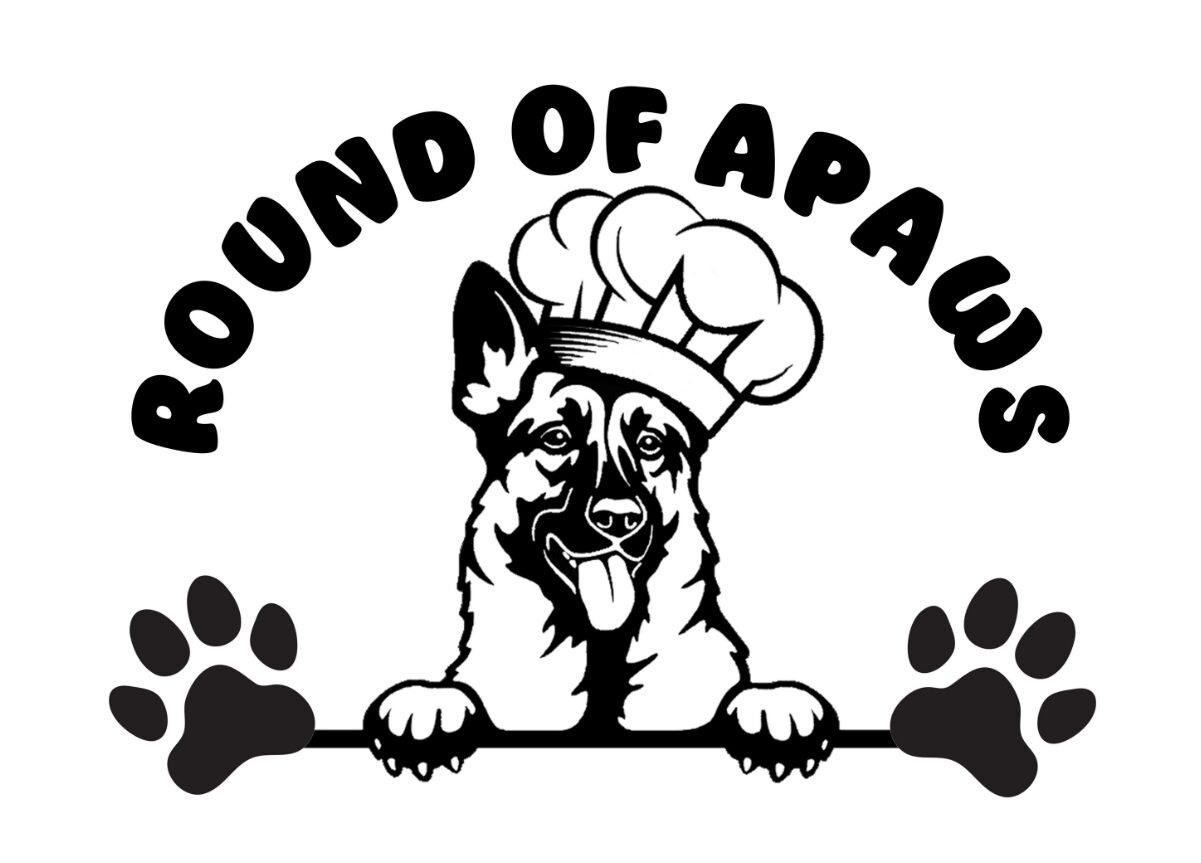How long does each treat last?
Carrot Cake
4 weeks fridge
4 months freezer
Blueberry Bites
10 days fridge
3 months freezer
Pupkin Paws
10-15 days fridge
4 months freezer
Peanut Butter Pups
2 weeks fridge
3 months freezer
Applepawuce
10 days fridge
4 months freezer
How should I store my dog treats?
An airtight container in the fridge or freezer is best! You can take a few out of the freezer at a time to store on the counter.
How many should I serve my dog a day?
The number of treats you should give your dog per day depends on several factors, including the size, age, and activity level of your dog, etc. As a general guideline, treats should make up no more than 10% of your dog’s daily calorie intake.
For most dogs, a couple of small treats per day are usually sufficient for training purposes or as occasional rewards. Larger treats or high-calorie treats should be given sparingly to prevent excessive weight gain and maintain a balanced diet. It’s important to consider treats as part of your dog’s overall diet and adjust the amount accordingly to ensure they’re receiving the appropriate nutrition for their needs. Consulting with your veterinarian can also help determine the right amount of treats for your specific dog.
Are these treats safe for human consumption?
Yes! Our dog treats are crafted using only human-grade ingredients, ensuring the highest quality and safety standards. Rest assured, our treats are not only delicious and nutritious for your furry friend but also safe for you. We believe that if it’s good enough for us, it’s certainly good enough for our beloved dogs.
How do I choose the right size and texture of treats for my dog?
Choosing the right size and texture of treats for your dog depends on their breed, size, age, dental health, and personal preferences. Here are some tips to help you select the most suitable treats:
- Size:
- For small dogs or puppies, choose smaller-sized treats that are easy for them to chew and swallow.
- Larger dogs may prefer bigger treats that they can enjoy without feeling like they’re getting just a tiny bite.
- Treats should be bite-sized and easy for your dog to handle without posing a choking hazard.
- Texture:
- Consider your dog’s dental health. Dogs with dental issues may benefit from softer treats that are gentle on their teeth and gums.
- For dogs with strong teeth, you can opt for harder treats that provide a satisfying crunch and help clean teeth.
- Some dogs may have preferences for specific textures, such as chewy, crunchy, or soft treats. Experiment to see what your dog enjoys the most.
- Ingredients:
- Choose treats made from high-quality, natural ingredients that are easy for your dog to digest.
- Avoid treats with artificial colors, flavors, and preservatives, as well as ingredients that your dog may be allergic or sensitive to.
- Purpose:
- Consider the purpose of the treat. Are you using it for training, as a reward, or simply as a snack? Treats used for training may need to be smaller and more palatable, while those given as rewards can be more indulgent.
- Personal Preferences:
- Observe how your dog responds to different treats and textures, and adjust your selection accordingly.
By considering these factors and observing your dog’s preferences, you can choose treats that are not only enjoyable but also beneficial for their overall health and well-being.
